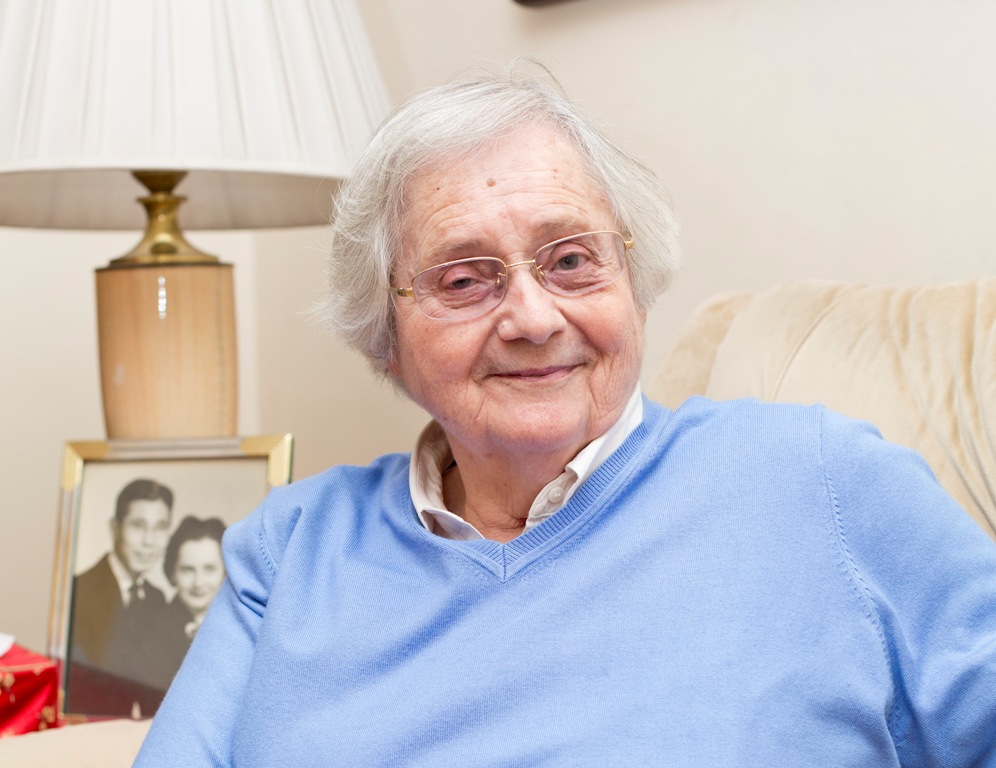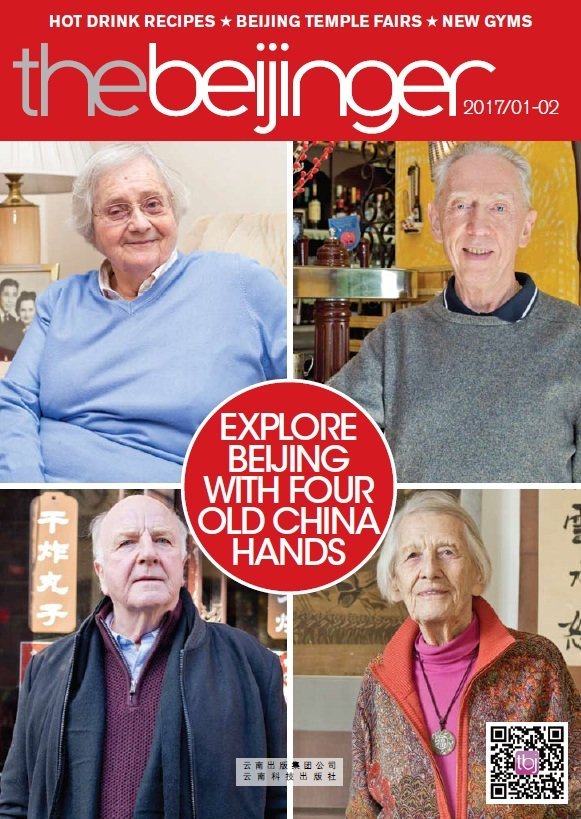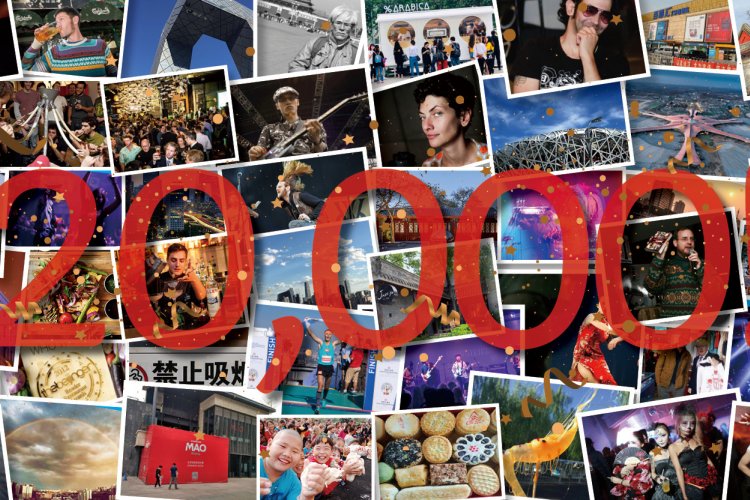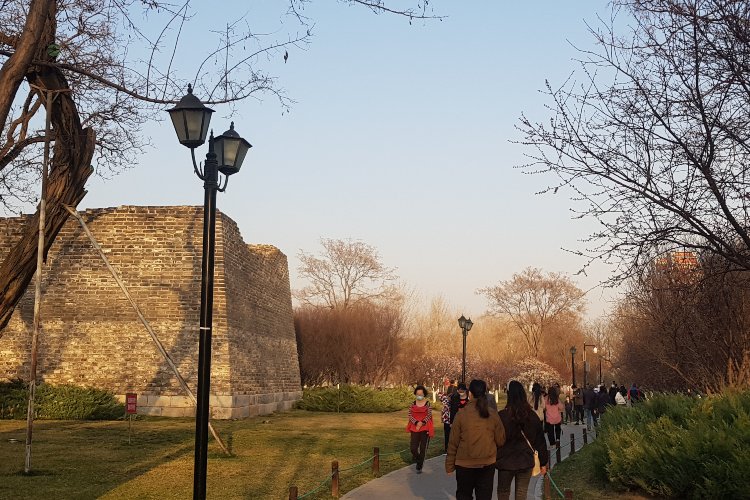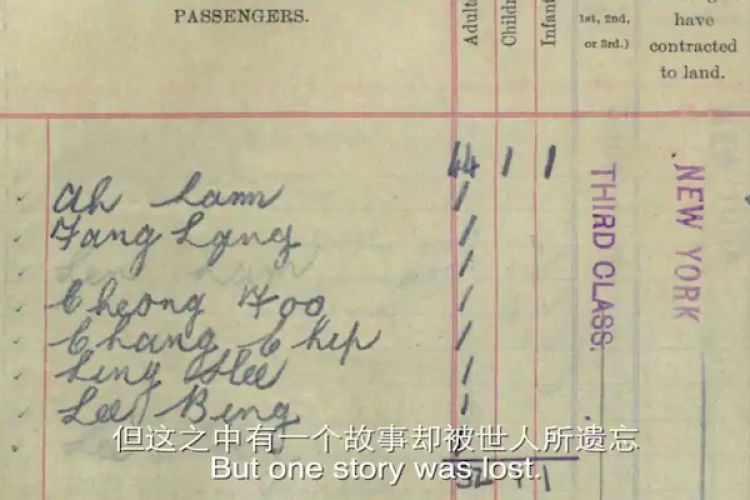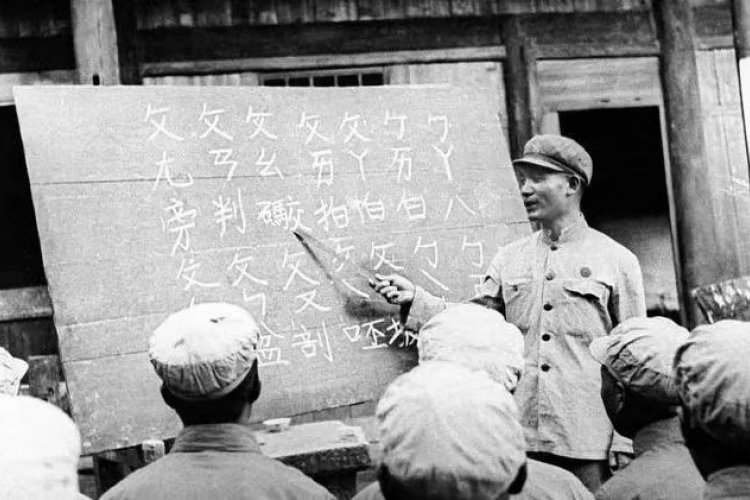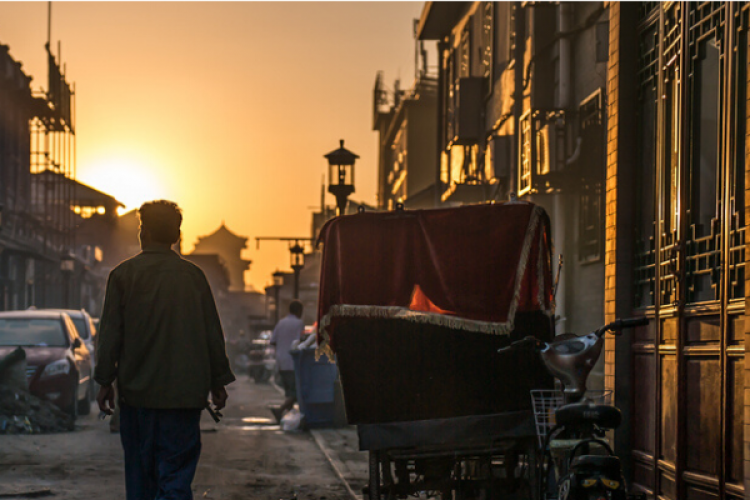tanke you.
Jane Su: Wisconsin Native Discusses What it Was Like to Move to China in 1957
Jane Su, a Wisconsin-native, made the move to China long before it was cool.
Su first came to Beijing in 1957, after marrying a Chinese heart surgeon in the United States, and excluding years spent in Xi’an and Chongqing, she’s lived here ever since.
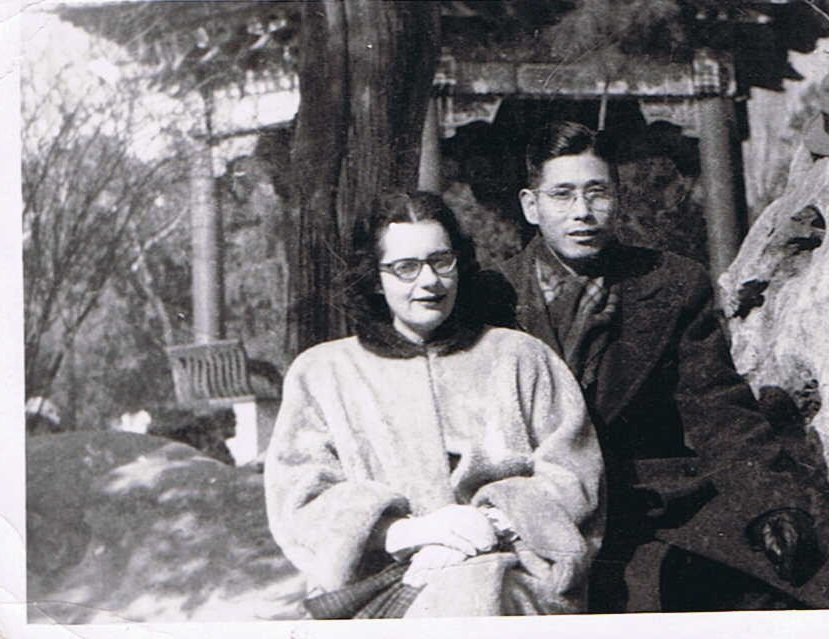
“We had to come separately,” Su says about the move. While her husband took the boat to London, Su flew from Montreal, Canada to meet him. They originally planned to sail from there, but Su was five months pregnant at the time and the start of the Suez Canal War led to its closing. The ship would have to go round the Horn of Africa, which would take weeks. In the end, they bought a ticket “straight” to Beijing. “First we went from London to Paris, just because we had never been there before, then to Prague, then Moscow, and finally to Beijing.”
Su adjusted to life in China without any major difficulties. “Living here is just what you make of it, I think. Slowly you get used to everything,” she says.
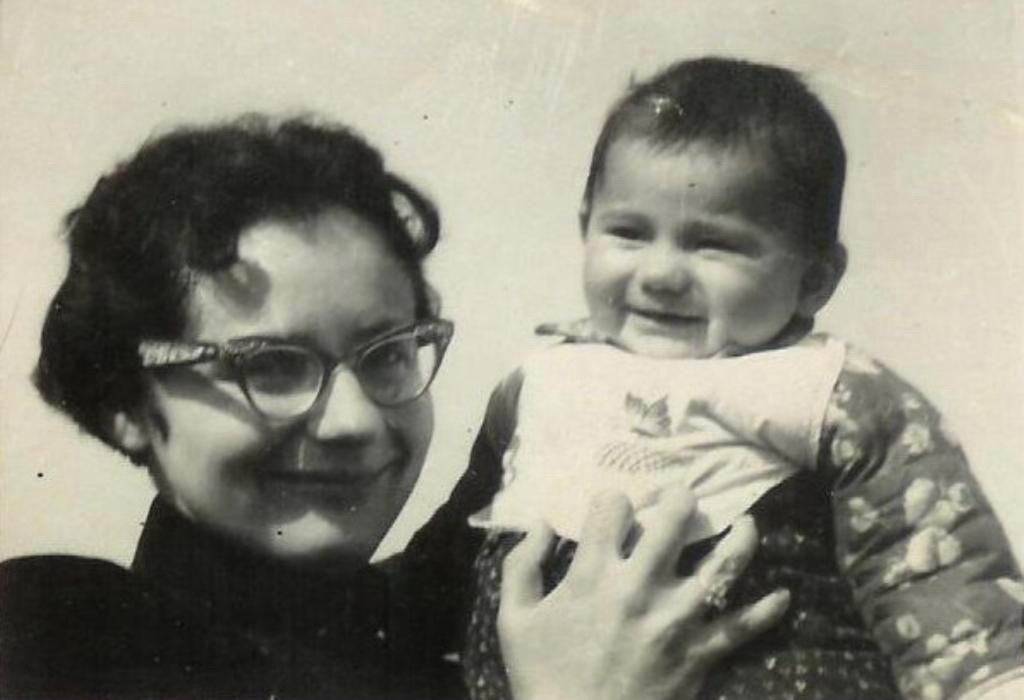
“I’ll tell you a story. I was here for about six months, and I was desperate to go out and live a normal life, although I didn’t speak much Chinese. I didn’t have a bicycle, so I borrowed one to go to the market because I wanted to cook some chicken. I didn’t really realize at that time that if you wanted a chicken, it had to be a live chicken. So the man gave me a chicken, tied it by its legs, which I had to hang by the string off the handlebars of the bicycle. I was so scared, all the way home the chicken was squawking. I didn’t want to ride because I was worried the chicken would peck me, so I had to push the bike the entire way home.”
Once in Beijing, Su found life was never boring, whether it involved carting live chickens around on bicycles or being a part of the shifting domestic politics. “Especially in the early days, life was so interesting. First came the Great Leap Forward, and then later on the other political movements like the Cultural Revolution or life under the Gang of Four. Every day you would go to work to hear all the latest gossip and find out the latest news.”

Through this ever-changing political environment, attitudes towards foreigners changed, although Su never found that people were downright rude and was never concerned for her personal safety.
“I don’t really worry, and in the end, I was right. I never really suffered any really bad things here,” she tells us.
Of course there were times when things were difficult, for example, when food was scarce during the Great Famine. “In the 1960s, there was a bad shortage of food. Slowly you’d go to the store, and find that the shelves were getting emptier and emptier,” she says.
“At some point, the only thing on the shelves was the African coffee, which was darn good, and jam made of coconut from Hainan. That was good. I bought all those things. But we would go weeks and weeks without eating meat.”
The other challenge of living in China was the understanding of the political movements and the overall political situation. But this, again, was also what helped make life in China so interesting for Su throughout all these years.
At the end of our interview Su says something that we can all relate to in some regard: “If I wanted to be bored I would go back to Wisconsin.”
Read the other articles in our Old China Hands series here and here.
This article first appeared in the Jan/Feb 2017 issue of the Beijinger.
More stories by this author here.
Email: margauxschreurs@truerun.com
Instagram: s.xuagram
Photos: Uni You, courtesy of Jane Su

